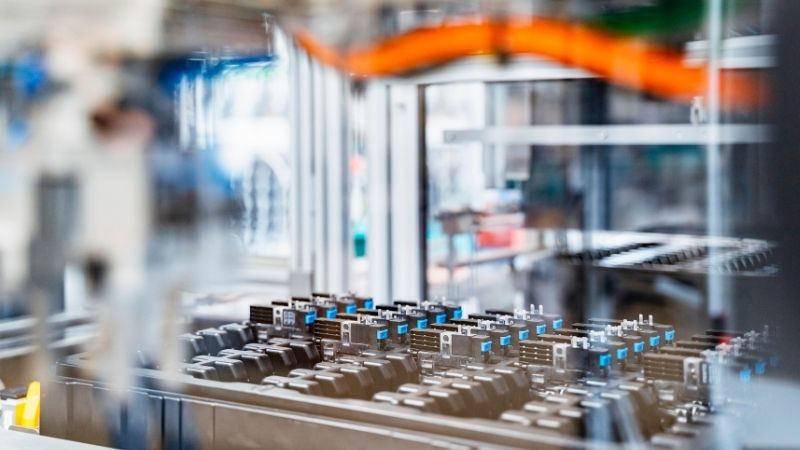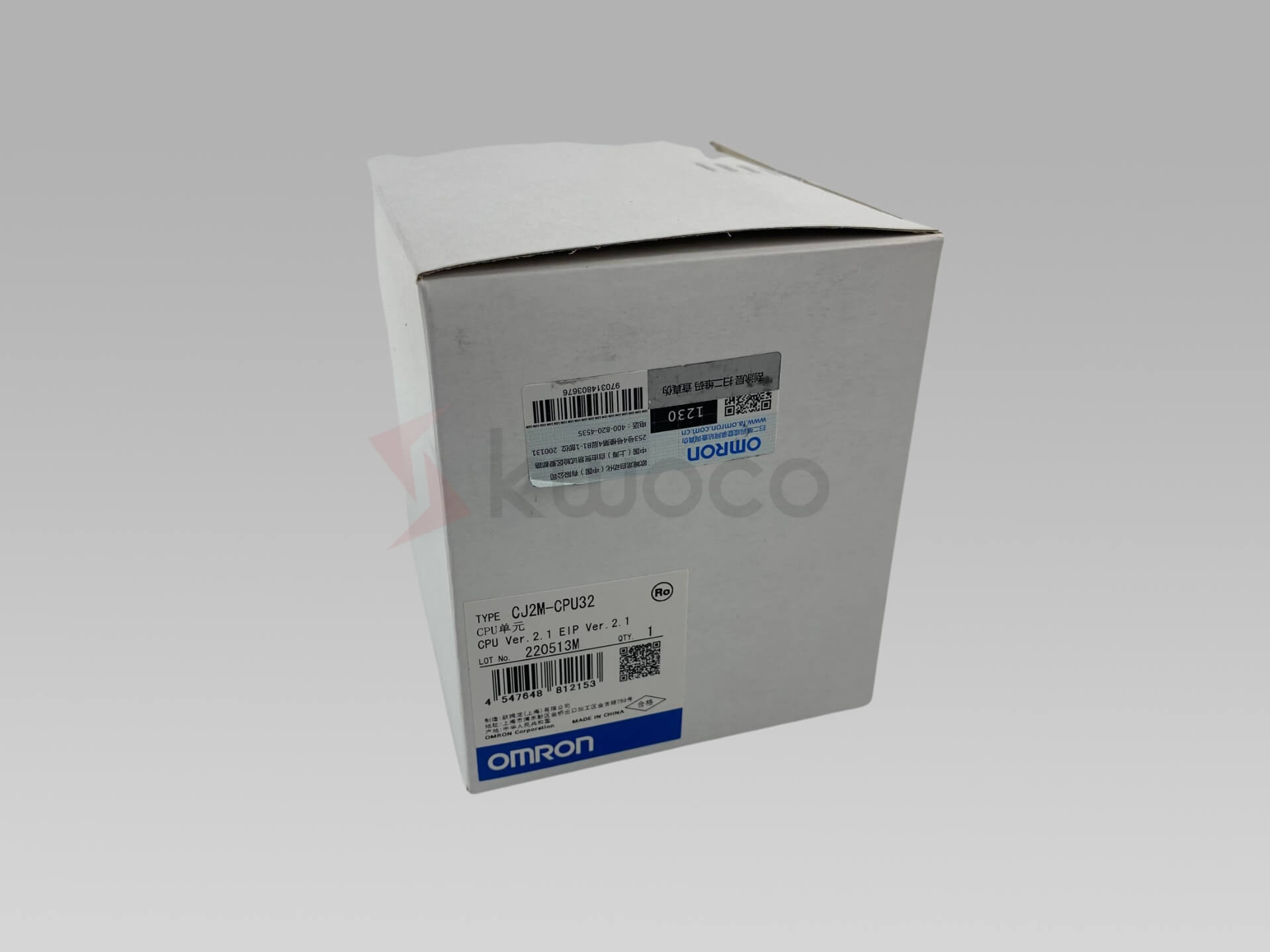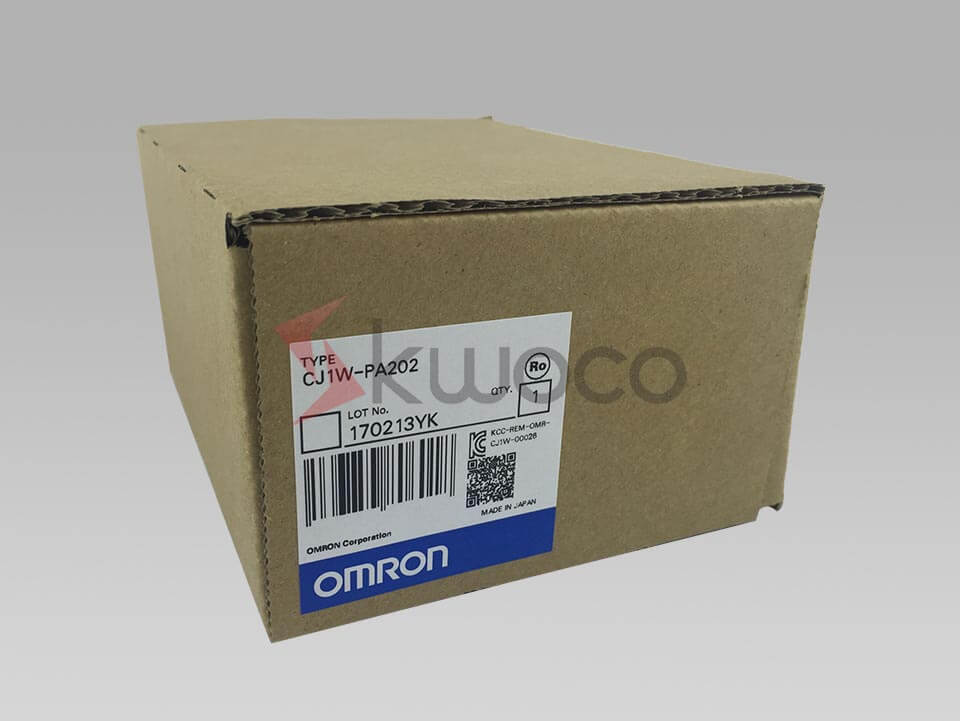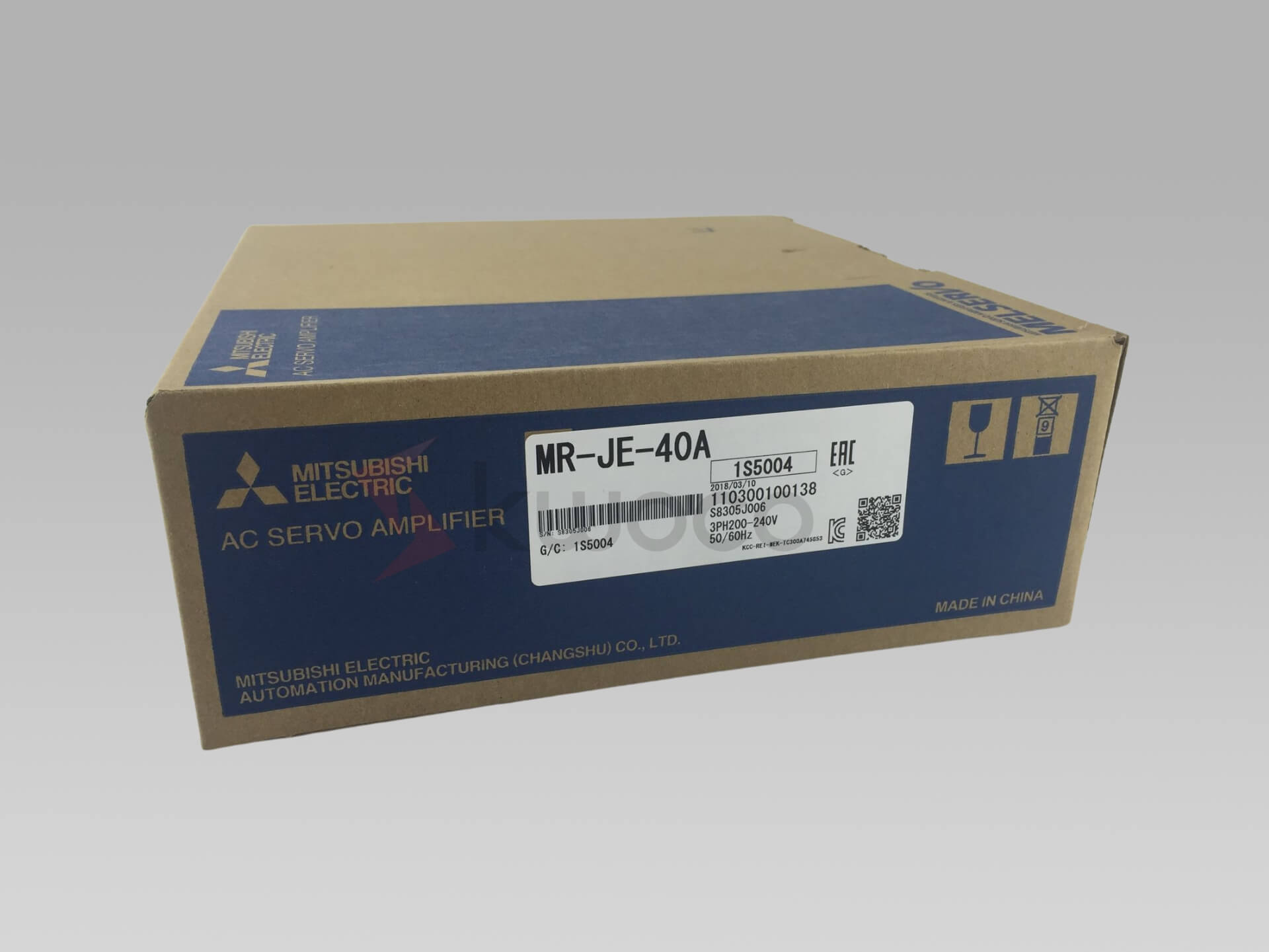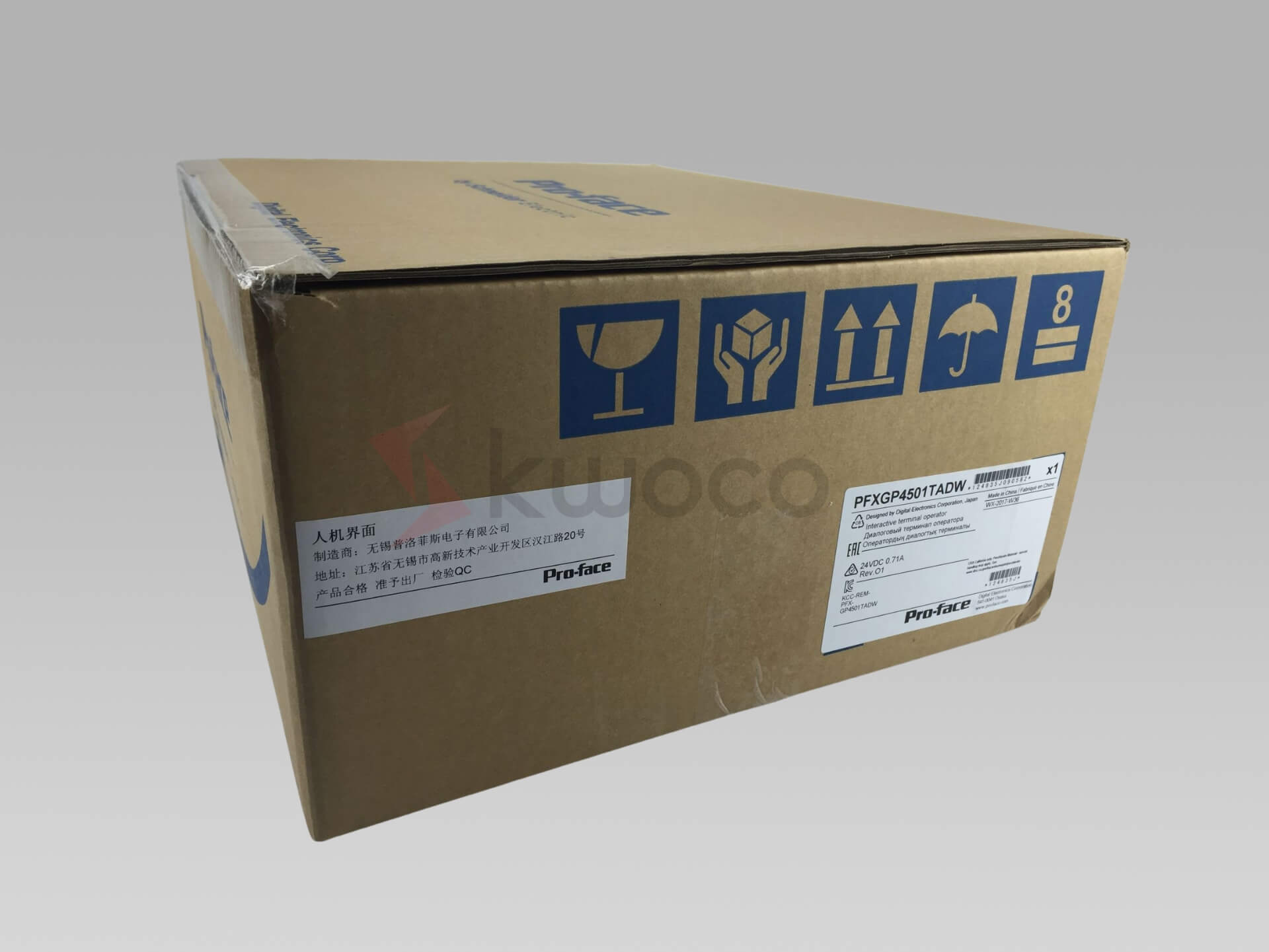Care este diferența dintre PLC, SCADA și DCS?
PLC, SCADA și DCS joacă fiecare roluri diferite. Înțelegerea diferențelor lor vă ajută să vă optimizați procesele de producție. PLC este un controler logic programabil folosit pentru a controla operațiuni specifice; DCS este un sistem de control distribuit adecvat pentru controlul unei întregi fabrici; în timp ce SCADA este un software utilizat pentru monitorizare și achiziție de date.
Cuprins
Înțelegerea acestor diferențe vă poate ajuta să luați decizii mai informate și să vă îmbunătățiți eficiența afacerii. Să aprofundăm în funcțiile specifice și scenariile de aplicare ale fiecărui sistem.
Cât de bine înțelegeți PLC, SCADA și DCS?
PLC (controller logic programabil)
Un PLC este un computer digital conceput special pentru automatizarea proceselor industriale. Controlează dispozitivele de ieșire conectate prin programe de intrare și este utilizat pe scară largă în aplicații la scară medie până la mare. PLC-urile sunt utilizate de obicei în sisteme cu mai puține puncte de intrare și ieșire, potrivite pentru controlul a sute de intrări și ieșiri.
DCS (sistem de control distribuit)
Un DCS este un sistem dedicat utilizat pentru procese de fabricație continue sau discontinue. Este format din mai multe PLC-uri puternice care pot controla întregul proces de automatizare al fabricii. Atunci când PLC-urile singure sunt insuficiente pentru a satisface cerințele de control ale întregului proces de automatizare, un DCS devine esențial, deoarece acceptă mai multe intrări și ieșiri.
SCADA (control de supraveghere și achiziție de date)
SCADA este un software de proiectare utilizat pentru sistemele de control industrial. Permite operatorilor să vizualizeze întregul proces printr-o interfață grafică și să acceseze și să controleze de la distanță modulele de control local. De exemplu, Omron PLC folosește CX-Supervisor ca software SCADA, în timp ce Mitsubishi PLC folosește Uniware.
Sistemele SCADA nu numai că monitorizează parametrii de proces ai întregii fabrici, dar permit și utilizatorilor să modifice valorile prestabilite, permițând un control mai flexibil.
Mai multe întrebări conexe
Care este mai potrivit pentru întreprinderile mici și mijlocii: PLC sau DCS?
Pentru întreprinderile mici și mijlocii, PLC-urile sunt de obicei mai potrivite, deoarece sunt rentabile și ușor de implementat. Pe de altă parte, DCS este ideal pentru întreprinderile mari care necesită sisteme de control foarte integrate și complexe.
Care sunt principalele avantaje ale sistemelor SCADA?
Principalele avantaje ale sistemelor SCADA constă în capabilitățile lor puternice de achiziție și monitorizare a datelor. Aceștia pot monitoriza starea operațională a întregii fabrici în timp real, îmbunătățind viteza de răspuns și eficiența luării deciziilor.
Cum să întreținem și să îngrijești PLC-urile?
Pentru a asigura funcționarea stabilă a PLC-urilor, verificați în mod regulat sursa de alimentare și porturile de conectare, actualizați versiunile de software, faceți copii de rezervă ale programelor cu promptitudine și păstrați mediul echipamentului curat pentru a preveni ca praful și umezeala să afecteze PLC-ul.
Cum este asigurată securitatea sistemelor SCADA?
Securitatea sistemelor SCADA poate fi garantată prin implementarea strategiilor de protecție pe mai multe straturi, inclusiv firewall-uri, comunicații criptate, controale de acces și audituri regulate de securitate. Aceste măsuri ajută la prevenirea accesului neautorizat și a potențialelor atacuri cibernetice.
Ce factori ar trebui să fie luați în considerare atunci când alegeți un DCS?
Atunci când selectați un DCS, luați în considerare scalabilitatea sistemului, compatibilitatea, suportul furnizorului, timpul de răspuns și stabilitatea sistemului pentru a vă asigura că poate satisface atât nevoile de producție actuale, cât și viitoare.
Alimentați-vă proiectele cu PLC Omron, Mitsubishi, Schneider nou-nouț, original – în stoc, gata acum!
Concluzie
Înțelegerea diferențelor dintre PLC, SCADA și DCS este cheia pentru optimizarea proceselor de automatizare industrială. Alegerea sistemului potrivit poate nu numai să sporească eficiența producției, ci și să asigure calitatea și fiabilitatea. Dacă aveți întrebări, nu ezitați să ne contactați la [email protected]. Ne angajăm să vă oferim asistență tehnică și soluții profesionale.
Contactaţi-ne
Doar completați numele dvs., adresa de e-mail și o scurtă descriere a solicitării dvs. în acest formular. Vă vom contacta în termen de 24 de ore.
Categoria de produs
Produse de vânzare fierbinte
De asemenea, puteți găsi aceste subiecte interesante
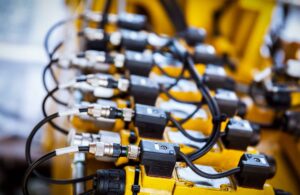
Explorarea puterii senzorilor: tipuri, utilizări și aplicații
Senzorii sunt peste tot în jurul nostru, lucrând în liniște în culise pentru a ne face viața mai convenabilă, mai eficientă și mai sigură. De la aprinderea luminilor atunci când intrăm într-o cameră până la asigurarea siguranței în vehiculele noastre, senzorii sunt parte integrantă a tehnologiei moderne.
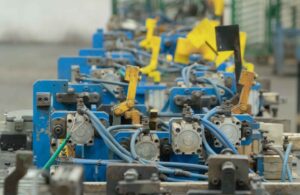
Întrerupătoare de limită explicate: tipuri, utilizări și principii de funcționare
Întrerupătoarele de limită sunt o componentă critică în numeroase dispozitive și mașini, jucând un rol cheie în detectarea prezenței sau absenței unui obiect. Fie că este vorba de o ușă de frigider sau de o mașină industrială, întrerupătoarele de limită sunt eroii din culise, care îndeplinesc funcții care asigură funcționarea fără probleme și siguranță.

Experimentați liniștea cu serviciul post-vânzare Kwoco
Experimentați liniștea cu serviciul post-vânzare Kwoco. Operăm cu convingerea că rolul nostru se extinde dincolo de simpla vânzare

